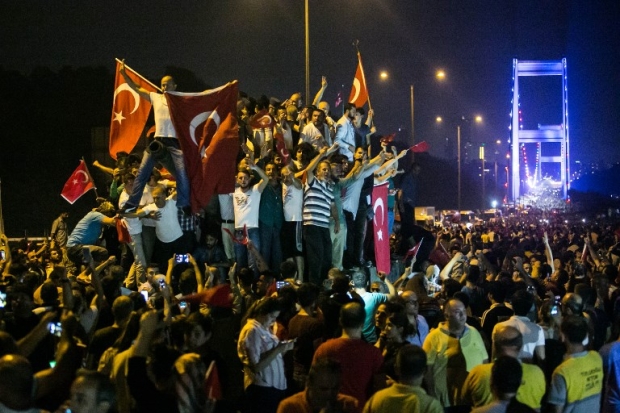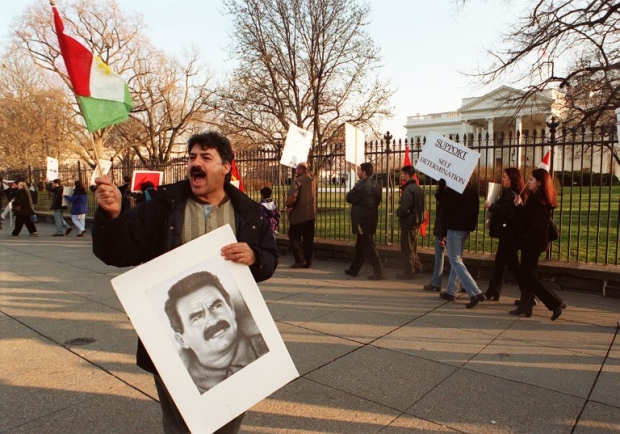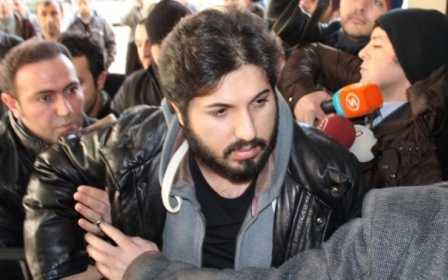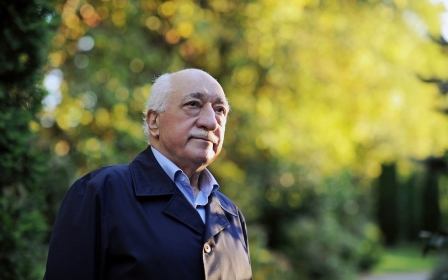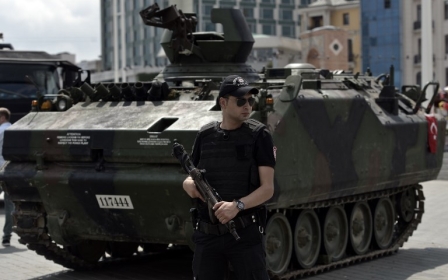Turkish intelligence nabs Gulen ‘financier’ in Sudan sting
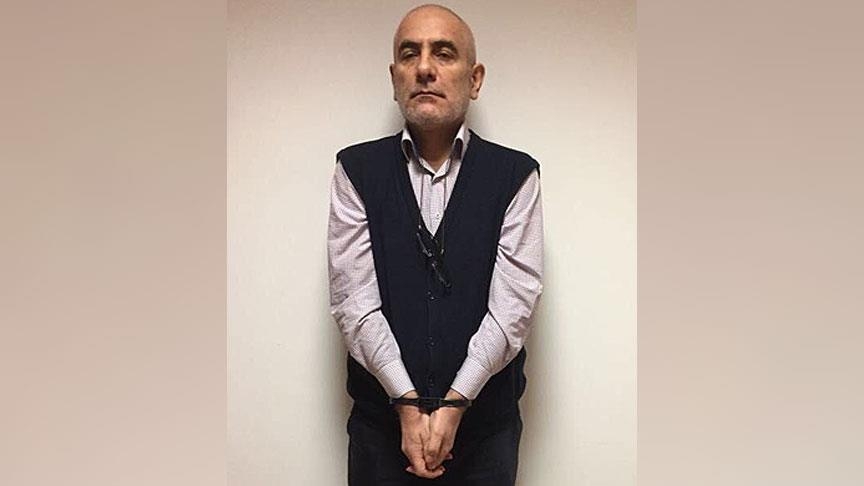
ISTANBUL, Turkey – Turkish intelligence has nabbed one of Turkey’s most-wanted men in connection to last July’s botched coup attempt during an overseas operation in Sudan and flew him to Istanbul on Monday, state-run media reported.
Memduh Cikmaz, considered the primary banker of the Fethullah Gulen movement, was brought to Istanbul in the early hours of Monday morning after a two-month long sting jointly conducted by Turkey’s intelligence agency MIT and Sudan’s National Intelligence and Security Service (NISS), Anadolu Agency reported.
Gulen, a US-based Turkish preacher, and his followers are accused by Turkish authorities of orchestrating last July’s coup attempt during which at least 250 people died.
Cikmaz is believed to have fled to Sudan in January 2016 after Gulen allegedly instructed his followers to leave the country. He is accused of funnelling millions of dollars to the Gulenist movement from his base in Sudan.
A special MIT unit assigned to tracking down Gulenists worldwide is believed to have located Cikmaz in Sudan two months ago and initiated a joint sting with its Sudanese counterpart.
An arrest warrant for Cikmaz was issued in 2016 for alleged “managing an armed terrorist organisation”. Cikmaz operated under the codename “Osur” - which means 'Mr Ten Percent' in Turkish - in his hometown of Corum and collected “ransom payments” from the public on behalf of the Gulenists, AA quoted security officials as saying.
He also owned several petrol stations and a brick factory in Corum. Since the coup attempt, the state has seized most of the assets which belonged to Gulenists.
Interpol red notices
Meanwhile, Turkey’s supreme appeals court on Monday asked for Interpol red notices - an alert which seeks the location and arrest of a wanted person for extradition - for three Gulenists being tried in absentia.
The court instructed the Justice Ministry to initiate proceedings to have Interpol issue red notices for Zekeriya Oz, Mehmet Yuzgec and Celal Kara – all former prosecutors who launched a corruption case against the government, in December 2013.
All three are believed to be in Europe currently.
Four ministers stepped down as a result of the corruption case the prosecutors brought against Recep Tayyip Erdogan and his close circle.
But Erdogan and the government hit back, calling the evidence fabricated and illegal. They said the case was a Gulenist “coup attempt” against the government.
Reza Zarrab, a dual Iranian-Turkish citizen who is currently involved in a US court case for violating US sanctions against Iran, was also implicated in the 2013 corruption probe.
Turkish authorities have called Zarrab’s US court saga a “political” machination intended to target Erdogan.
A post-coup crackdown by the government and an ongoing state of emergency has seen more than 50,000 arrests and more than 130,000 people sacked or suspended from their jobs.
The Turkish government has tried to have suspected Gulenists extradited back to Turkey using all possible means at its disposal. US and European reluctance to return Gulenists has also soured ties between Ankara and its Western partners.
One of the main items on Turkish Prime Minister Binali Yildirim’s agenda during his current two-day visit to the UK is to have Turkish businessmen with Gulenist links extradited to Turkey.
Two of the allegedly high-profile Gulenists currently residing in the UK are business magnate Akin Ipek and journalist Eyup Can Saglik.
MIT has also previously conducted various oversees operations to nab wanted Gulenists in places such as Pakistan and Malaysia.
Ocalan was captured in Kenya where he was seeking refuge at the Greek embassy and brought to Turkey, where he is serving a life sentence.
Most of the Gulen organisation’s highest-ranking and influential members fled Turkey before arrest and are spread across the globe.
New MEE newsletter: Jerusalem Dispatch
Sign up to get the latest insights and analysis on Israel-Palestine, alongside Turkey Unpacked and other MEE newsletters
Middle East Eye delivers independent and unrivalled coverage and analysis of the Middle East, North Africa and beyond. To learn more about republishing this content and the associated fees, please fill out this form. More about MEE can be found here.


